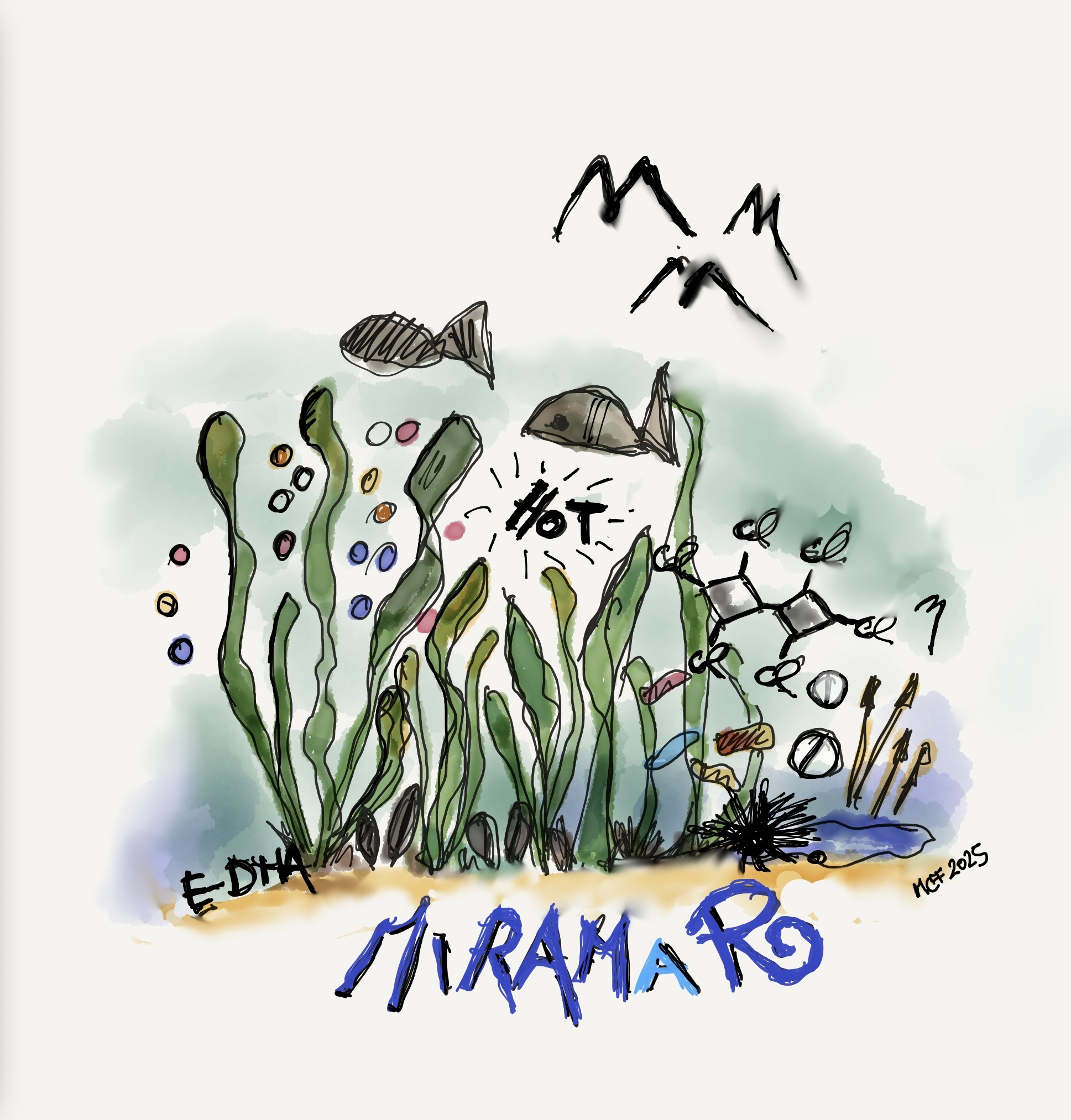
Our story
MIRAMAR builds on over a decade of regional collaboration to tackle marine litter and environmental degradation in the Mediterranean. The project traces its origins to the Plastic Busters Initiative, launched in 2013 under the endorsement of the Union for the Mediterranean (UfM) and led by the University of Siena, now coordinator (LP) of MIRAMAR project.
Key milestones in this journey include the Interreg Plastic Busters MPAs, ENI CBC Plastic Busters CAP and ENI CBC COMMON. These pioneering projects implemented a harmonized approach to monitoring, preventing and mitigating marine litter in sensitive coastal and marine protected areas, while also contributing significantly to the science–policy–society interface across local, national and regional levels.
Building on this legacy, MIRAMAR represents a natural evolution of the Plastic Busters Initiative — expanding its focus from marine litter to the cumulative impact of multiple environmental stressors, including chemical and biological pollution, noise and light pollution, and habitat degradation.
The project will refine and broaden tools and protocols originally developed under Plastic Busters MPAs — including toolkits, assessment reports, best practice guides and e-learning modules — and adapt them to a new, holistic approach focused on ecosystem health.
MIRAMAR doesn’t start from scratch. Instead, it builds on a solid track record and proven tools to address the increasingly complex issue of the cumulative impact of multiple stressors on Mediterranean biodiversity. Its commitment to shared approaches, science-based solutions, and the active involvement of local stakeholders distinguishes it. It’s not just a project; it’s a way of working together for the future of the ecosystems that sustain this region.
WHO WE ARE

MIRAMAR is a collaboration of eight core partners from six Mediterranean countries — Albania, Croatia, France, Greece, Italy, and Spain — working together to protect biodiversity and restore ecological balance in one of the world’s richest yet most vulnerable regions.
This multidisciplinary team is supported by fourteen associated partners, including protected area managers, local and national authorities, and international environmental bodies — ensuring that science is connected to policy and knowledge is turned into action.
Partners
- University of Siena (UNISI) – Plastic Busters Team – Italy
- Mediterranean Information Office for Environment, Culture and Sustainable Development (MIO-ECSDE) – Greece
- Spanish National Research Council (IEO-CSIC) – Spain
- Hellenic Centre for Marine Research (HCMR) – Greece
- Stazione Zoologica Anton Dohrn (SZN) – Italy
- Ministry of Tourism and Environment of Albania (MTE) – Albania
- Ruđer Bošković Institute (RBI) – Croatia
- Corsican Environment Office (Office de l’Environnement de la Corse) (OEC) – France
Together, we form a strong, transnational community dedicated to creating innovative and practical solutions for monitoring, mitigation and restoration in Mediterranean ecosystems.

